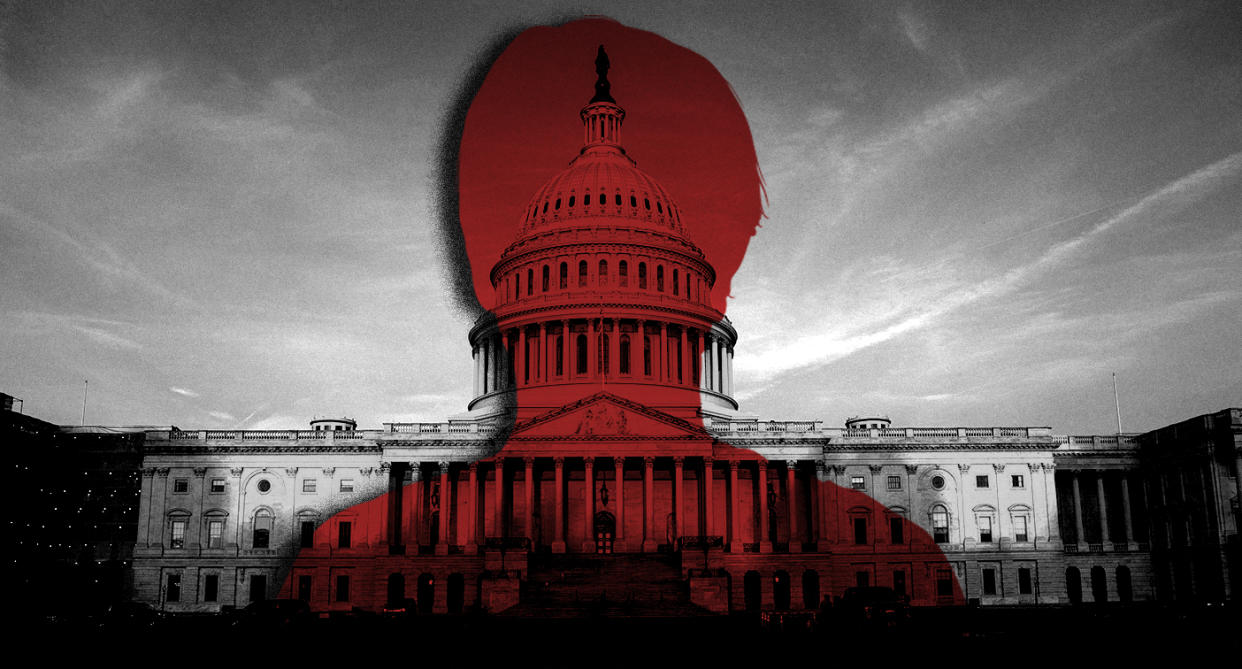How does the Whistleblower Protection Act work?

Lawyers for the whistleblower whose complaint against President Trump triggered an impeachment inquiry said on Sunday they are now representing a second whistleblower who has firsthand knowledge of some of the allegations, outlined in the original complaint, about Trump’s requests for Ukraine to investigate former Vice President Joe Biden and his son.
And they implied there may be others, referring to “multiple whistleblowers” among their clients.
The existence of the second whistleblower came to light amid attacks by Trump against the still-unidentified person behind the original complaint, who the president and his allies say should be named in public.
“If the whistleblower’s allegations are turned into an impeachment article, it’s imperative that the whistleblower be interviewed in public, under oath, and cross-examined,” Sen. Lindsey Graham, R-S.C., said on Fox News. “Nobody in America goes to jail or has anything done to them without confronting their accuser.”
But Graham’s demand is at odds with laws protecting whistleblowers from retaliation. Over the weekend, more than 90 former national security officials, veterans of both Democratic and Republican administrations, including Trump’s, released an open letter calling on the government and media to preserve the first whistleblower’s anonymity.
“A responsible whistleblower makes all Americans safer by ensuring that serious wrongdoing can be investigated and addressed, thus advancing the cause of national security to which we have devoted our careers,” their letter reads. “Whatever one’s view of the matters discussed in the whistleblower’s complaint, all Americans should be united in demanding that all branches of our government and all outlets of our media protect this whistleblower and his or her identity. Simply put, he or she has done what our law demands; now he or she deserves our protection.”
What does the law say?
The Whistleblower Protection Act of 1989 protects federal employees who report a possible violation of law, fraud, waste, abuse or unnecessary government expenditures against retaliation from superiors, including demotion or termination. The protections initially did not include the intelligence community, because of concerns over classified information. In 1998, Congress extended those protections to intelligence workers through the Intelligence Community Whistleblower Protection Act. That gave officers the option of passing items of “urgent concern” to the office of the intelligence community’s inspector general (ICIG), who after a review has the option of asking the director of national intelligence to pass them to Congress.
“No action constituting a reprisal, or threat of reprisal, for making such complaint or disclosing such information to the Inspector General may be taken by any employee in a position to take such actions, unless the complaint was made or the information was disclosed with the knowledge that it was false or with willful disregard for its truth or falsity,” according to the 2010 Intelligence Authorization Act.
In 2012, President Obama issued Policy Directive 19, which attempted to provide additional protections for whistleblowers in the intelligence community. (Despite issuing the directive, the Obama administration was harsh on whistleblower prosecutions.) That directive was codified into law in 2014, but there are still concerns it’s not strong enough.
Why are intelligence personnel different?
If non-intelligence civil servants feel they’ve faced unfair retaliation for whistleblowing, they have the ability to sue the government for damages. Intelligence personnel do not have that option, owing to concerns about classified materials being surfaced in court.
Was the first whistleblower’s complaint deemed credible?
According to a Sept. 30 statement from the ICIG, yes: “The ICIG reviewed the information provided as well as other information gathered and determined that the complaint was both urgent and that it appeared credible.”
Longtime Republican Sen. Chuck Grassley of Iowa concurred with that assessment in a statement last week.
“This person appears to have followed the whistleblower protection laws and ought to be heard out and protected,” said Grassley. “We should always work to respect whistleblowers’ requests for confidentiality.”
_____
Download the Yahoo News app to customize your experience.
Read more from Yahoo News:
Greta Thunberg: Powerful men 'want to silence' young climate activists
'I've never had a crystal': Marianne Williamson demands to be taken seriously
Trump tweeted ‘billions of dollars’ would be saved on military contracts. Th
Before a notorious phone call, the Trump administration was lauded for helping Ukraine
PHOTOS: New book unveils unique insights from behind the lens of conflict photography



